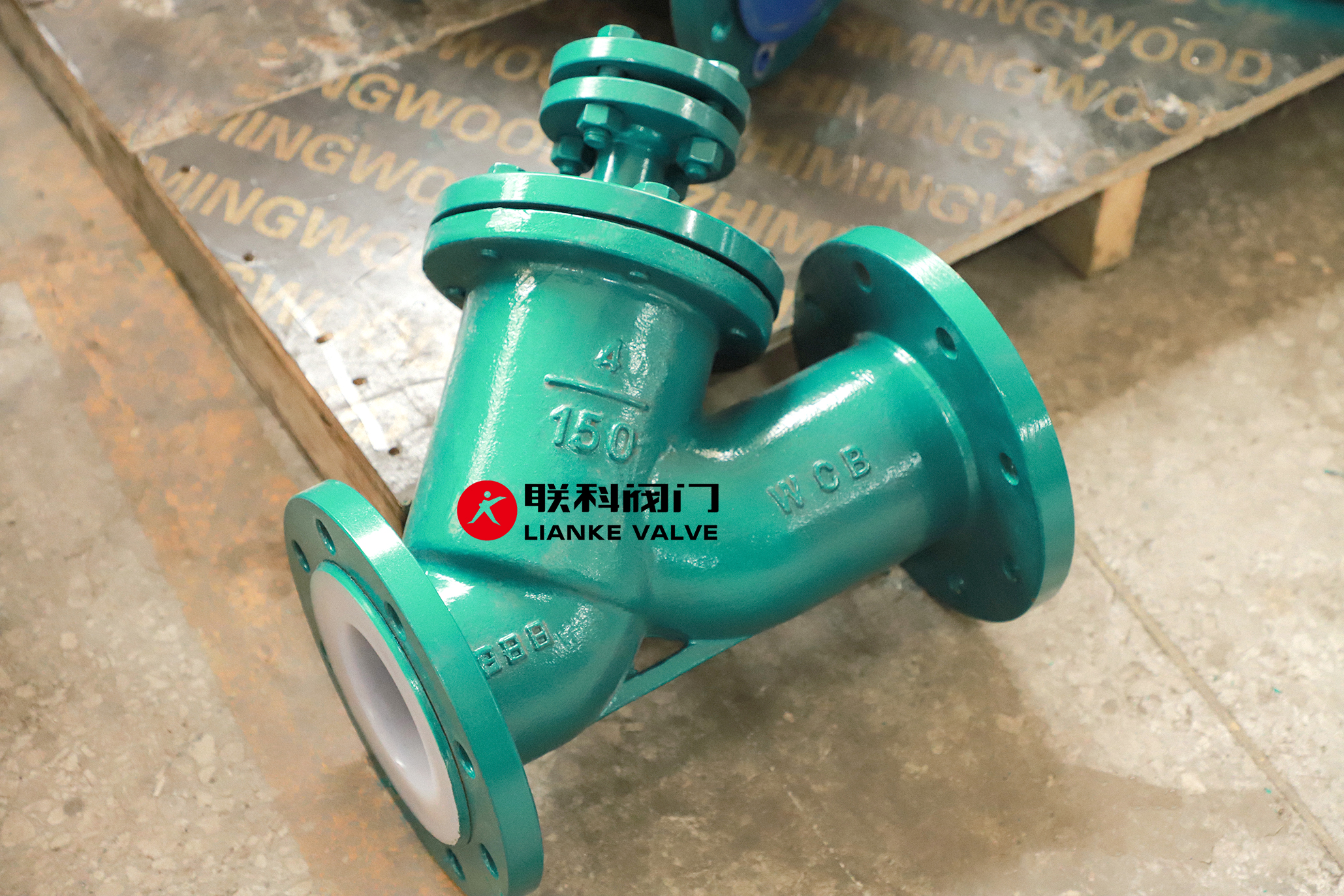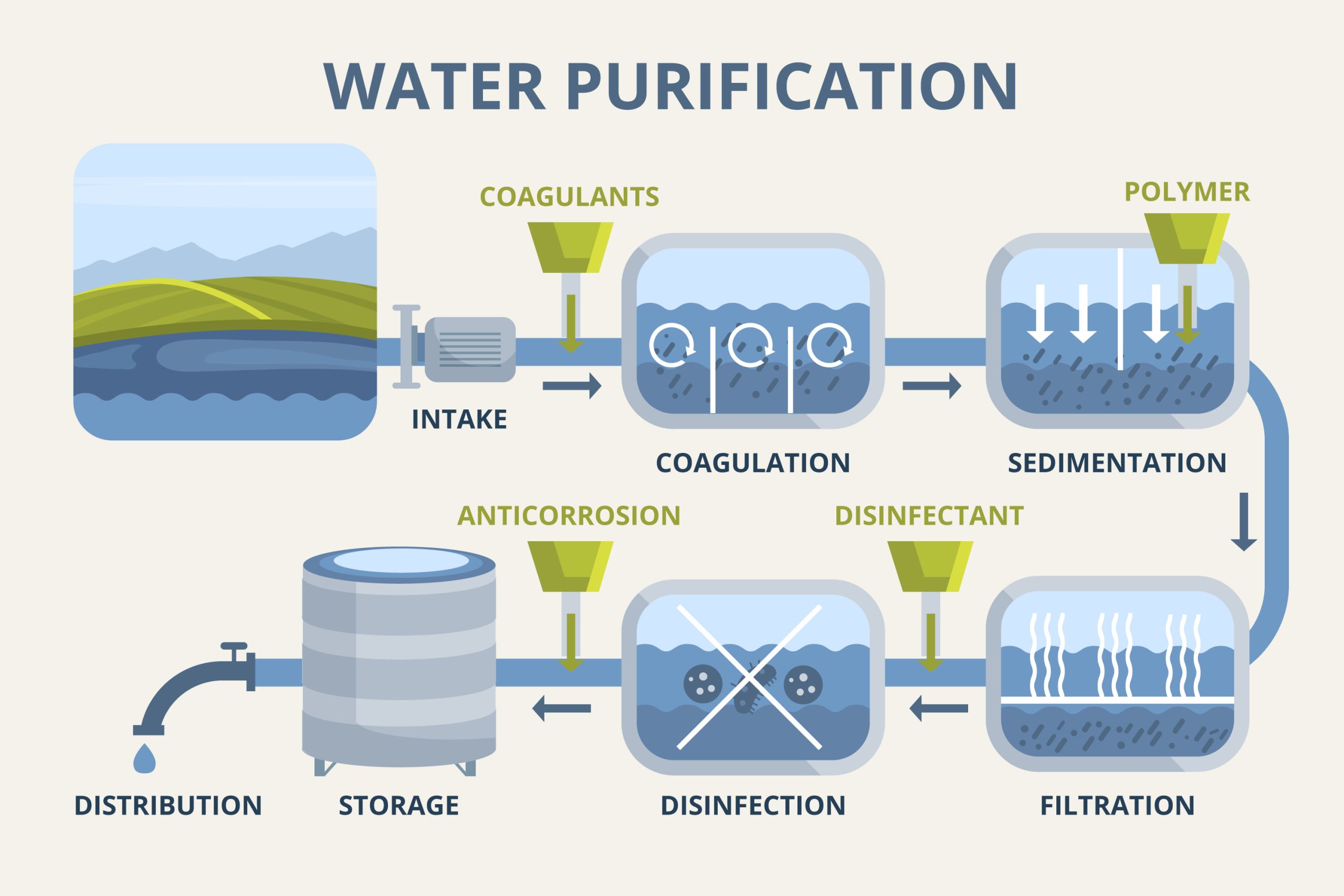

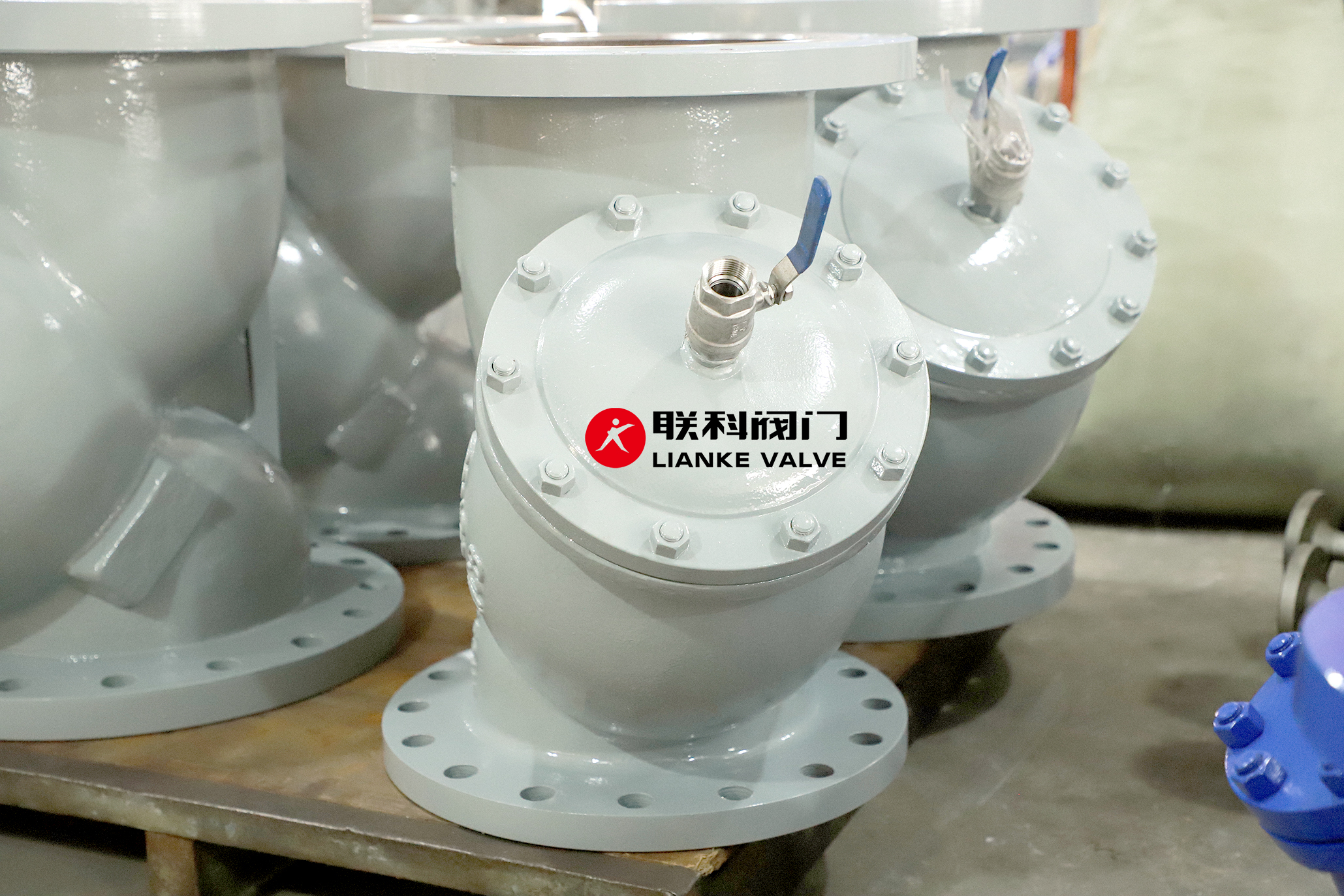
ANSI Class Ratings for Y strainer flanges tell you how much pressure and temperature the flange can handle. These ratings help you choose the right flange material and design to keep your piping system safe and efficient. If you’re installing or replacing a Y strainer in a pipeline, understanding ANSI ratings isn’t optional—it’s essential. Choosing […]
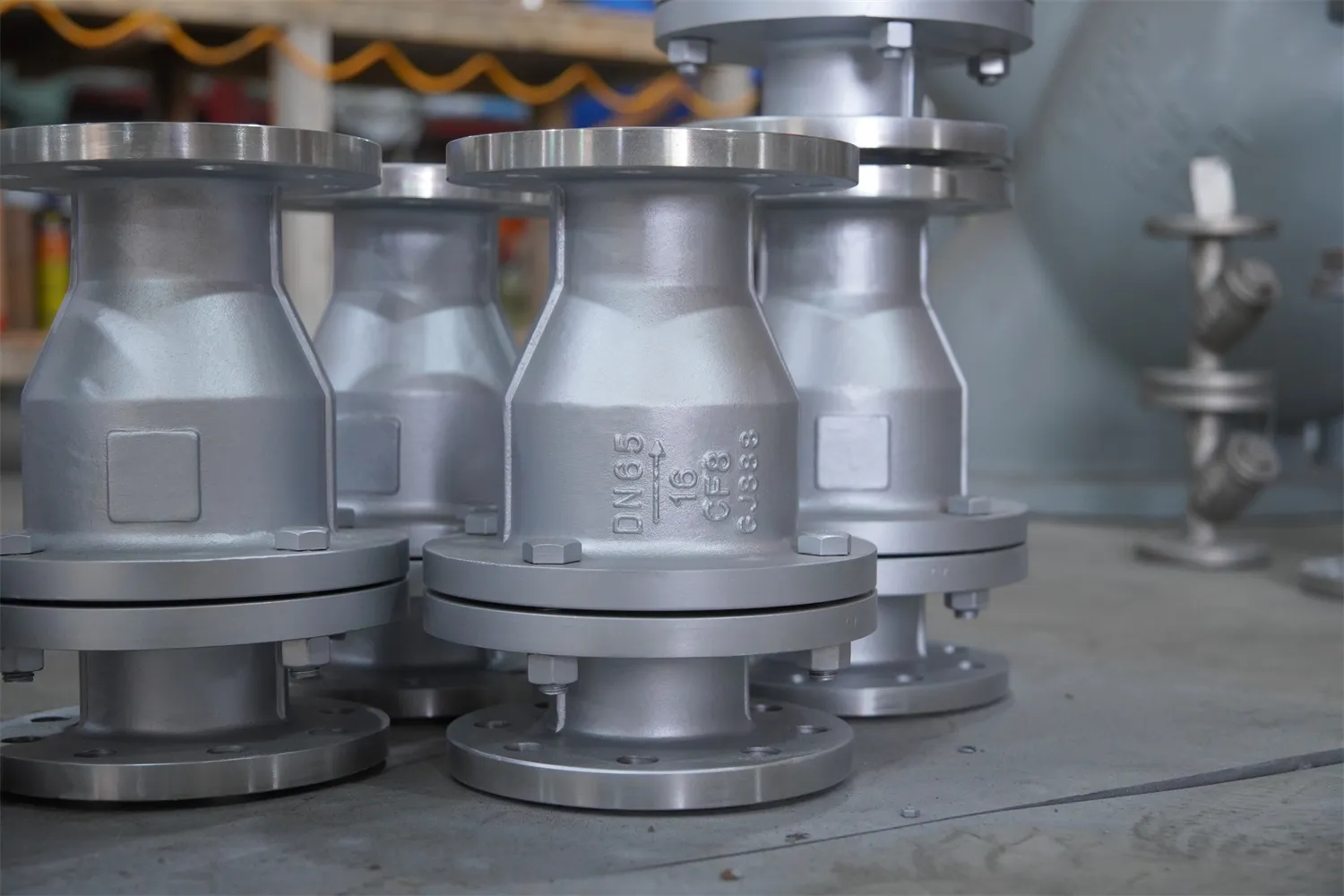
Stainless steel ball valves are known for their durability and high temperature resistance. These valves use a rotating hollow ball to control fluid flow. The alloy layer of stainless steel/nickel and chromium allow these valves to be used in chemical and oil/gas plants. These valves have many different types with each valve either differentiating in […]

Stainless Steel Ball valves are essential parts of many industrial operations. And so, making sure that these valves are always working properly is integral to ensure that systems don’t fail. Proper maintenance is easy — It requires small routine checkups as well as minimal labor. In turn, this can lower the chances of operational systems […]
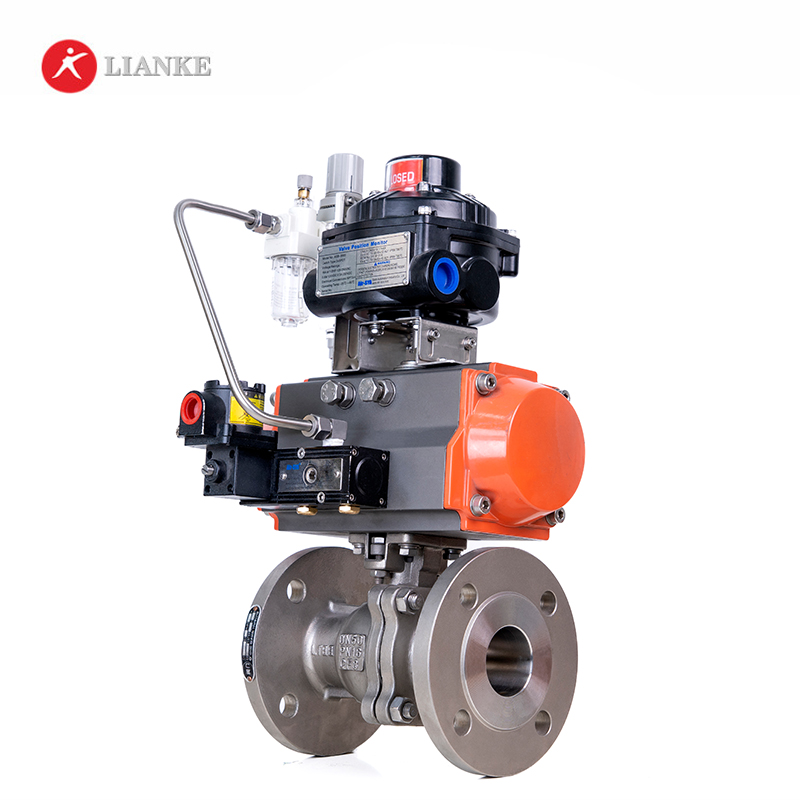
Ball Valves are imperative for fluid control in industrial operations. And these valves are usually constructed using stainless-steel. Each industry, however, has varying valve requirements and according to its use the grade of stainless-steel ball valve needs to be checked. Valves are often made from varying stainless steel grades. The durability and performance vary amongst […]
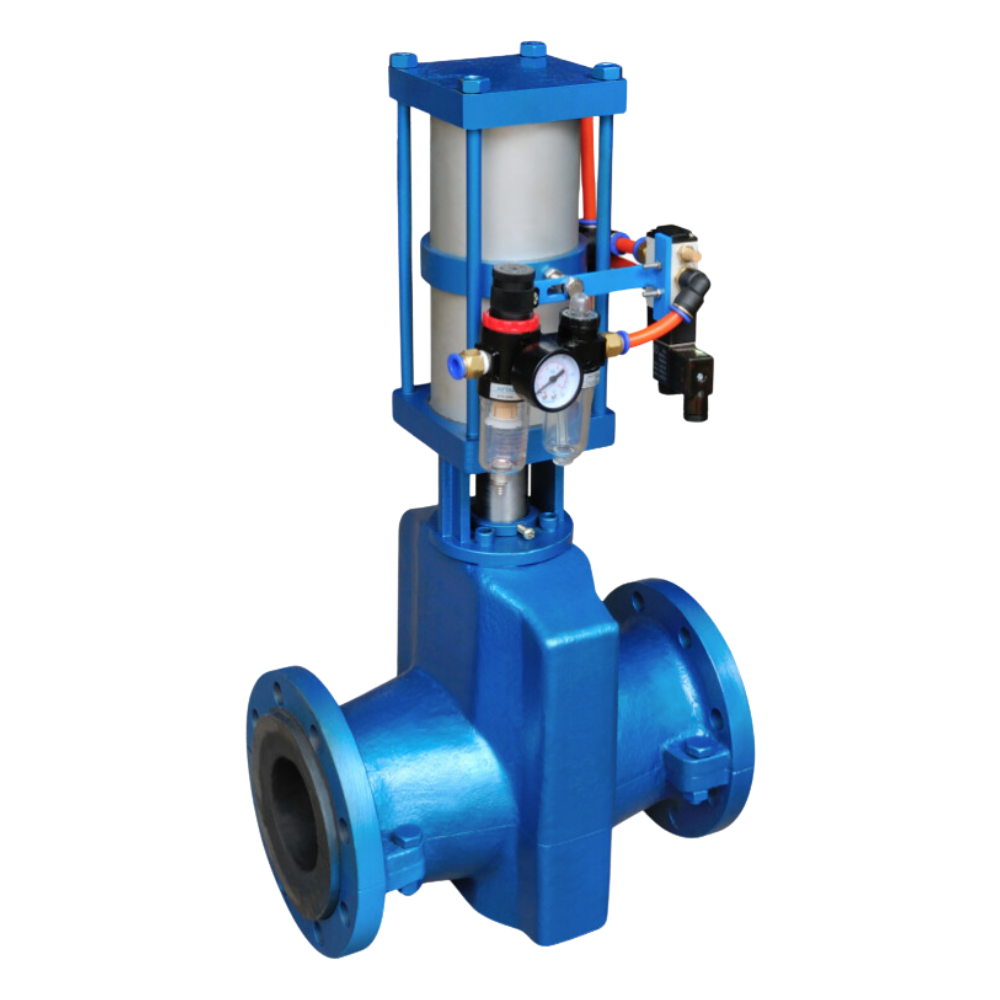
Pneumatic Pinch valves are fast-acting valves that control fluid flow. When left alone, these valves are open, allowing fluid flow. Pneumatic pinch valves use compressed air to pinch the elastomeric internal sleeve at the center to close the valve. Pinch valves are apt for operations that need to deal with grainy or corrosive fluids. And […]

Ball valves made of stainless steel find extensive use in a variety of industrial domains, ranging from water treatment and medical equipment to food and beverage manufacturing and chemical processing. These valves are extremely ideal for applications involving corrosive fluids or gases because of their outstanding strength, resilience to corrosion, durability, and dependability. This blog […]

When valves sustain damage, the consequences can be significant, impacting both operational efficiency and safety within fluid handling systems. Valves play a critical role in controlling the flow of fluids such as water, gases, chemicals, and more in various industrial and commercial applications. Understanding what happens when valves are damaged helps highlight the importance of […]

An air pinch valve with flange is a flow-control device that uses compressed air (4–8 bar) to open or close a rubber sleeve, regulating the passage of abrasive, corrosive, or viscous media. The flange connection ensures secure pipeline mounting, complying with standards like DIN EN 1092 or ANSI B16.5. This guide explains its design, materials, […]

